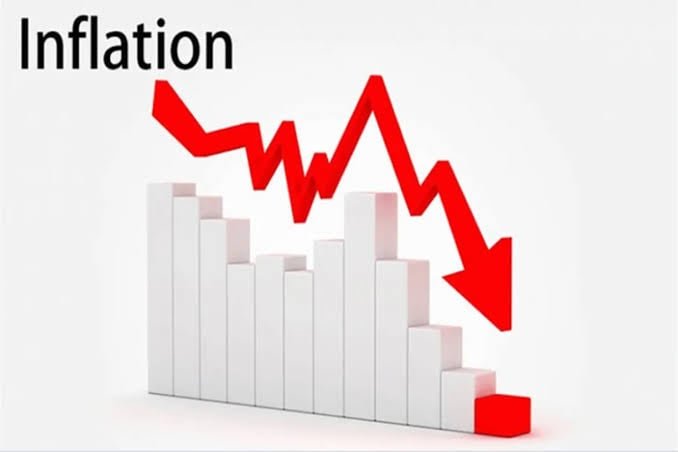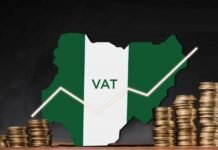Nigeria’s inflation rate recorded its biggest drop in recent period to 18.02 per cent in September as above average decline in prices of basic food items, a stable currency and improved costs of logistics sustained improvement in average cost of living.
The National Bureau of Statistics (NBS) yesterday released its latest Consumer Price Index (CPI) Report showing that headline inflation rate dropped by 210 basis points from 20.12 per cent in August 2025 to 18.02 per cent in September 2025. It was the sixth consecutive time since April 2025.
The decline in headline inflation rate was driven by broad improvements in prices, especially with substantial drop in prices of food items. Food inflation had dropped by 500 basis points from 21.87 per cent in August 2025 to 16.87 points in September 2025.
The decline in food inflation was attributed to decrease in the average prices of common food items like maize grains, garri, beans, millet, potatoes, onions, eggs, tomatoes and fresh pepper among others.
Core inflation- which measures all items excluding farm produce and energy, dropped by 80 basis points to 19.53 per cent in September 2025 as against 20.33 per cent in August 2025.
The continuing disinflation mirrored analysts’ consensus on the price outlook, with headline inflation expected to drop further in the months ahead.
The NBS attributed the disinflation to the crash in the cost of food, energy and transportation.
NBS stated: “The average annual rate of food inflation for the twelve months ending September 2025 over the previous twelve-month average was 24.06 per cent, which was 13.47 per cent points lower compared with the average annual rate of change recorded in September 2024 at 37.53 per cent”.
The NBS report outlined disparity in prices across the country with all-items inflation rate for September 2025 highest in Adamawa, 23.69 per cent; Katsina, 23.53 per cent; and Nasarawa, with 22.29 per cent while Anambra, 9.28 per cent; Niger, 11.79 per cent and Bauchi, with 12.36 per cent recorded the lowest headline inflation rates.
Economists and finance experts yesterday were unanimous that the continuing disinflation reflected the improvements in the macroeconomic environment.
They however called for concerted fiscal policies to significantly expand the macroeconomic gains on the living conditions of the citizenry.
Experts expected the continuing disinflation to translate into further reduction in benchmark interest rate and stronger naira, potentially enhancing consumers’ purchasing power.
The NBS report came a day after the International Monetary Fund (IMF) raised Nigeria’s growth forecast to 3.9 per cent in 2025 and 4.1 per cent in 2026, citing improvements in the country’s macroeconomic outlook.
The IMF stated that the upgrade of its national growth projection for Nigeria was also based on a favourable domestic situation.
Chief Executive Officer, Centre for the Promotion of Private Enterprise (CPPE), Dr Muda Yusuf, said the decline in inflation rate was “a significant indicator of improving macroeconomic conditions and policy traction”.
He however called for coordinated policies to improve average household purchasing power, consumer confidence, and real incomes.
![]()










